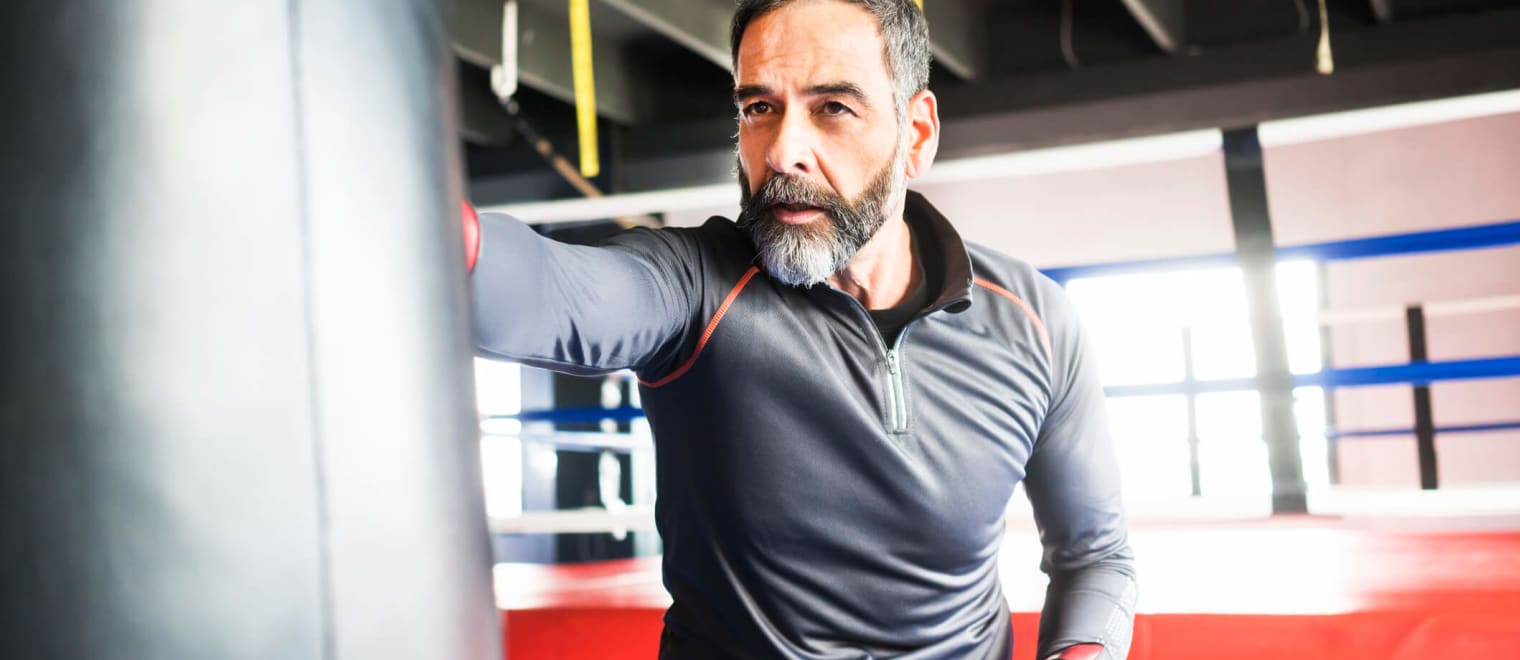This informal CPD article, ‘Unlocking the Power of Learning over the age of 50: Embracing Boxing,' was provided by International Language Experts, who organise language training for companies and individuals.
Entering the realm of boxing over the age of 50 is not just about physical exertion; it's a holistic journey encompassing mental fortitude, skill acquisition, and personal growth. As we explore the essential components of boxing for older learners, let's shine a light on the acquisition of transferable skills that extend far beyond the ring.
The Importance of a Qualified Trainer:
1. Proper Technique: Under the guidance of a qualified trainer, learners delve into the intricate nuances of boxing techniques. Beyond the immediate benefits of effective training and injury prevention, mastering these techniques cultivates discipline, attention to detail, and a commitment to excellence.
2. Fitness Progression: A knowledgeable trainer not only tailors training programmes to individual fitness levels but also instils the value of perseverance and gradual improvement. Through consistent effort and incremental progress, learners develop resilience, patience, and the ability to navigate challenges with resilience.
3. Motivation and Accountability: Beyond serving as instructors, qualified trainers serve as pillars of motivation and accountability. Their unwavering support encourages learners to push beyond perceived limitations, fostering determination, and self-discipline.
Learning in a Supportive Environment:
1. Mental Health Benefits: Engaging with a supportive boxing community offers more than just physical benefits. The camaraderie and encouragement of fellow enthusiasts provide a sense of belonging, resilience, and emotional well-being
2. Shared Goals and Challenges: Collaborating with peers in pursuit of shared fitness goals fosters teamwork, empathy, and camaraderie. Overcoming collective challenges nurtures a sense of community and strengthens interpersonal relationships.
3. Celebrating Success Together: Acknowledging individual and collective achievements amplifies the joy of progress. Celebrating milestones with training partners instils gratitude, humility, and a sense of shared accomplishment.














